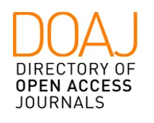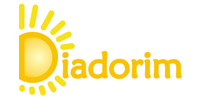Magic vs. Science in the Historiography of Science
The Social-Historical Construction of Rationality
DOI:
https://doi.org/10.24117/2526-2270.2017.i3.02Keywords:
Science and Magic, Rationality, Logic, Historiography of ScienceAbstract
The historiography of scientific studies has suffered from a great impact, that is rarely referred to, from anthropological analyses of magic in so-called primitive societies. The emphasis brought by criticism during the 1950/1960’s of Evans-Pritchard’s 1937 classic, Witchcraft, Oracles and Magic among the Azande, brought a fresh look at certainties already consolidated in Western thought, especially those relating to rational human characteristics and science. For the history, these criticisms were interesting because they were presented science as a historically situated activity, in the same way as magic. It favours, therefore, the proximity of historians tout court with the history of the sciences that resists its absences even today. This renewal helped to create a scenario that would enable David Bloor to develop the strong program of Sociology of Knowledge in the 1970s. Such a program indicates the analogous process that involves both the social production of beliefs and that of scientific truths. In this paper I evaluate the proximity of magic-science from the point of view of contemporary studies about scientific activity, questioning the concepts of rationality and logic as if they were exclusive qualities of scientific activity.
Downloads
Published
Issue
Section
License
Copyright (c) 2017 Carlos Alvarez Maia

This work is licensed under a Creative Commons Attribution 4.0 International License.











